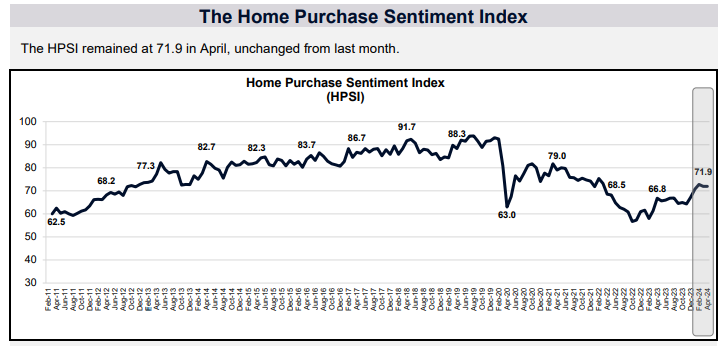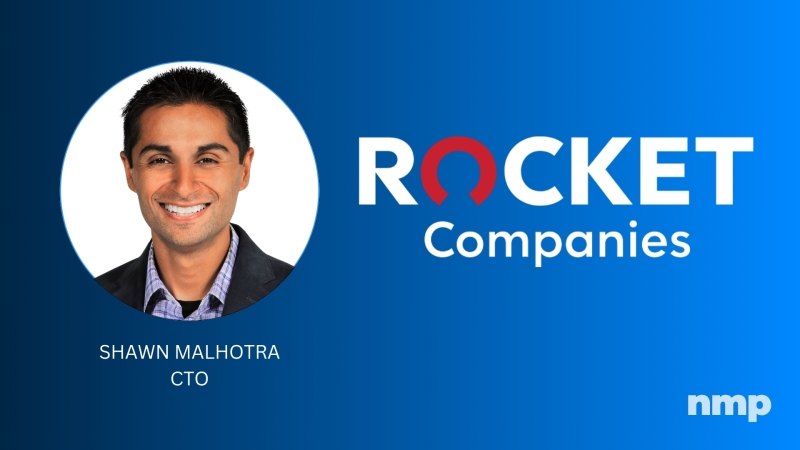Advertisement
Study Finds Americans Still Lacking Financial Literacy
As Financial Literacy Month begins, the National Foundation for Credit Counseling released the results of the 2014 Financial Literacy Survey conducted online in March by Harris Poll among more than 2,000 U.S. adults ages 18-plus. In its eighth year, the survey provides a snapshot of the American consumer’s level of knowledge as it relates to financial literacy, as well as behavioral and attitudinal trends associated with personal finance. The 2014 survey was sponsored by Experian Consumer Services.
“This year’s survey once again confirms what we already know: The need for financial education is great,” said Susan C. Keating, president and CEO of the NFCC. “Without a solid foundation on which to base everyday financial decisions, Americans are on a slippery slope as they begin to rebuild their financial lives following the Great Recession. To meet the need, the NFCC developed the three-step Sharpen Your Financial Focus program which provides consumers with the tools necessary to secure financial well-being. We encourage others to join this nationally driven financial education movement by supporting this initiative.”
Significant gaps of personal financial knowledge revealed in the survey include budgeting, saving, and understanding credit reports and credit scores—all key areas related to successful money management.
Budgeting and debt: Sixty-one percent of U.S. adults, the highest percentage in six years, admit to not having a budget. Financial experts generally agree that a budget is a basic tool of financial management, and without it, a person can more easily lose track of spending. Nonetheless, consumers appear reluctant to utilize this tool, which could explain why about one in three adults (34 percent) indicated their household carries credit card debt from month-to-month, with 15 percent, or more than 35 million people, admitting to rolling over $2,500 or more monthly.
Savings versus spending: When asked which areas of personal finance are most worrisome, the top concerns were evenly divided between insufficient “rainy day” savings for an emergency (16 percent) and retiring without having enough money set aside (16 percent). However, the proportion of adults who are spending less when compared to the previous year continues to decline, from a high in 2009 of 57 percent, to a low in 2014 of 29 percent. This suggests that, although consumers are uncomfortable with their lack of savings, they may have nonetheless continually increased their year-over-year spending.
Credit reports and scores: Most adults have not reviewed their credit score (60 percent) or their credit report (65 percent) within the past 12 months. Close to one in four adults who did not order their credit report in the past 12 months (23 percent) indicated that they already knew their credit score(s), so they didn’t think they needed their credit report(s). Although related, credit reports and credit scores are two very different expressions of a person’s credit. Since each plays a critical role in a person’s financial future, they both merit regular review. A further reflection of the confusion around credit reports and scores is that more than half of all U.S. adults (54 percent) mistakenly believe that a standard credit report typically contains a person’s credit score(s).
Knowledge of personal finance: Forty-one percent of adults gave themselves a grade of C, D or F on their knowledge of personal finance. Therefore, it is not surprising that, when asked what their money would say to them if money could talk, about one in five (21 percent) thought it would say “I’m smaller than most of my friends.” Curiously, about one in five (21 percent) also thought their money would say “I feel loved and nurtured.”
“Financial Literacy Month serves as a good reminder to check your credit report and score, since credit knowledge is such an important part of understanding personal finance,” said Ken Chaplin, senior vice president of marketing for Experian Consumer Services. “In today’s environment, it’s especially important that consumers check their credit report regularly to spot signs of fraud and better understand what affects their credit so they can make informed financial decisions.”
The absence of a budget, insufficient savings, spending beyond what can be responsibly repaid, confusion around credit reports and scores, and an admitted lack of knowledge pertaining to personal finance are reds flags that demand attention. The good news is that nearly three in four U.S. adults (73 percent) agree that, considering what they already know about personal finance, they could still benefit from advice and answers to everyday financial questions from a professional. Further, if they were having financial problems related to debt, twenty-seven percent of adults, or more than 63 million people , indicated they would reach out to a professional non-profit credit counseling agency for assistance. It is now up to them to take the next step and attain the skills necessary for long-term financial stability.
About the author





